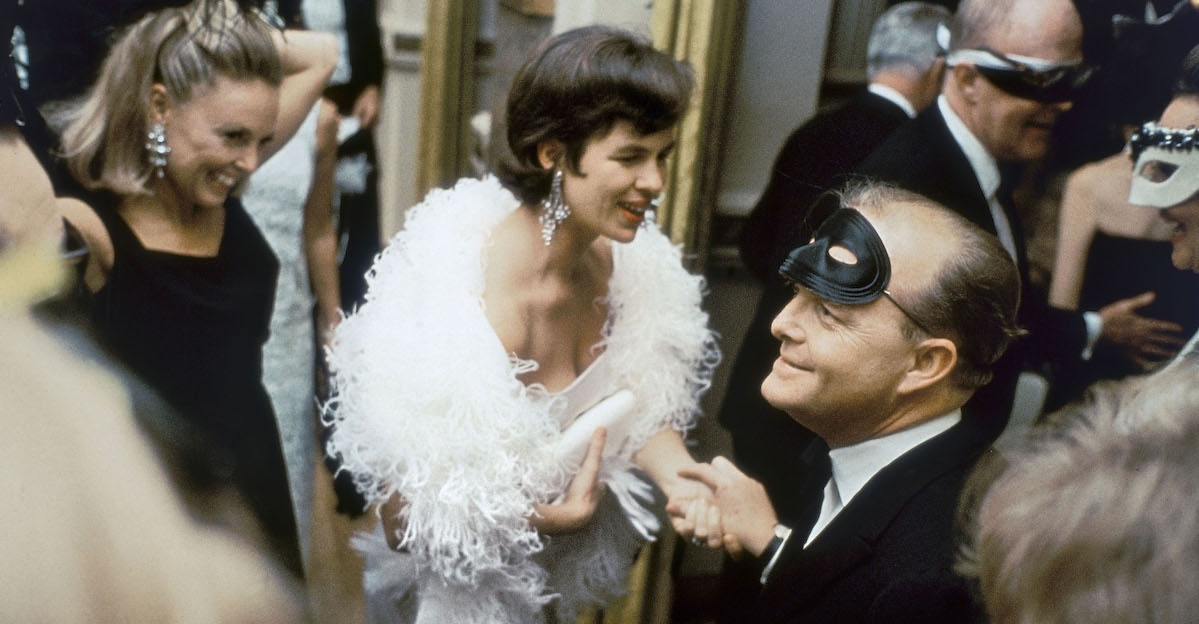This is becoming a trope: the theatrical documentary that depends for its existence on the discovery of previously unheard audio recordings. (The pick of these remains Stevan Riley's Brando doc Listen to Me Marlon; more recently, we've had James Erskine's Billie.) In the case of this week's The Capote Tapes, director Ebs Burnough has secured access to conversations the revered journo George Plimpton recorded with Truman Capote shortly before the latter's passing in 1984; these would eventually form the basis of Plimpton's 1997 biography Truman Capote: In Which Various Friends, Enemies, Acquaintances and Detractors Recall His Turbulent Career. The key question is what any such film has to offer visually beyond stills of the author hobnobbing with highfliers and stock shots of tape spools going round and round. In theory, at least, we're getting a more complete picture of the life than was put forth by those celebrated biopics from the first decade of this century, compiled not just from those tapes, but disparate sources besides: archive footage that confirms that the actual Capote looked far more like Toby Jones than Philip Seymour Hoffman, scenes from the movies that leapt on the author's books and made him a household name.
Yet the gaps in this account tend to be filled with talk rather than telling images. Alternating artlessly between its supplementary interviewees (Colm Tóibín, insightful on Capote's methods; an antsily jovial Jay McInerney; former Vogue supremo André Leon Talley), this is a story being told rather than illustrated, and then told with a prosaic flatness that undercuts even the film's notional revelations. Sidebars on the probability of Holly Golightly being a romanticised portrait of the author's own mother and Capote's final, unpublished tell-all manuscript are afforded the same time and weight as a chapter on a masked ball; Burnough is caught gabbling past the more intriguing material in a bid to condense this life into a somewhat squat, TV-ready 90 minutes. As a unifying concept, Plimpton's tapes offer the advantage of direct recollection, but they're having to compete with a lot of other chatter, and don't - can't - add anything to the visual palette. (Again, we cut back to those endlessly revolving tape spools.) I can see the appeal these tapedocs have for some filmmakers, in that half the spadework of laying down storybeats will have already been done for them. The trouble with them as films is that, handled indifferently, they can all too easily resemble radio documentaries that have taken a wrong turn to reach us.
The Capote Tapes will be available to rent from Friday.

No comments:
Post a Comment